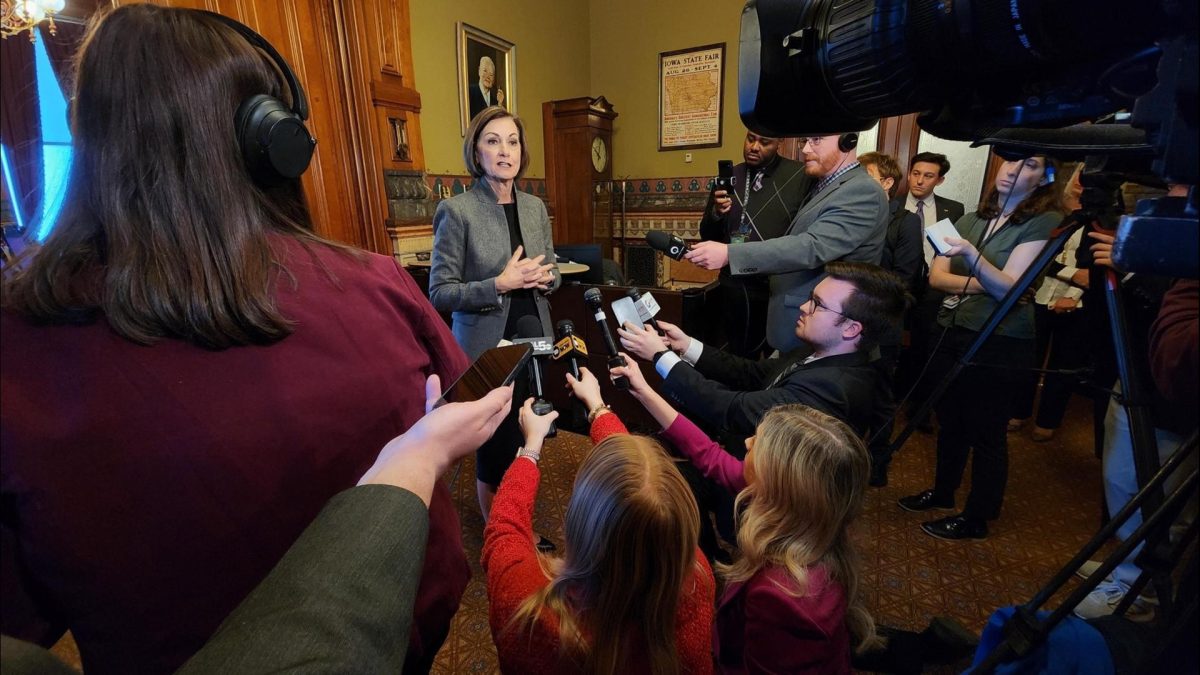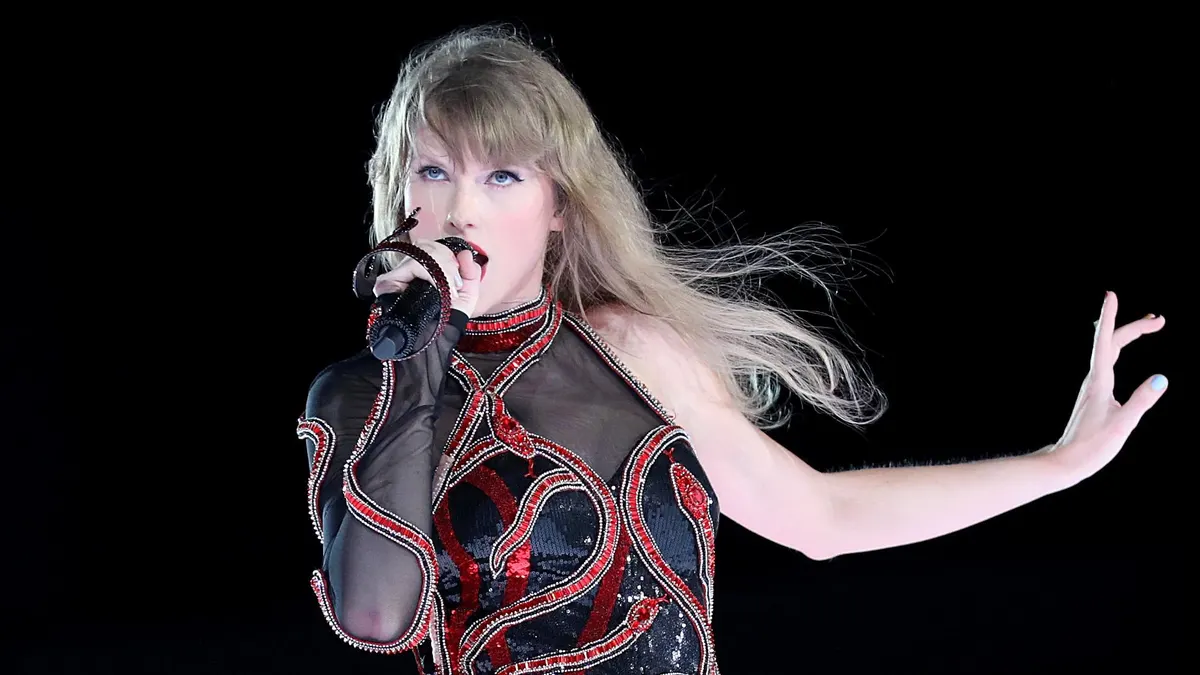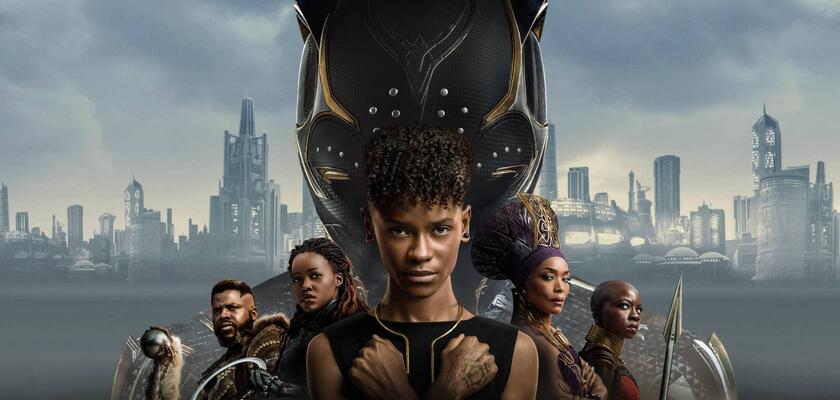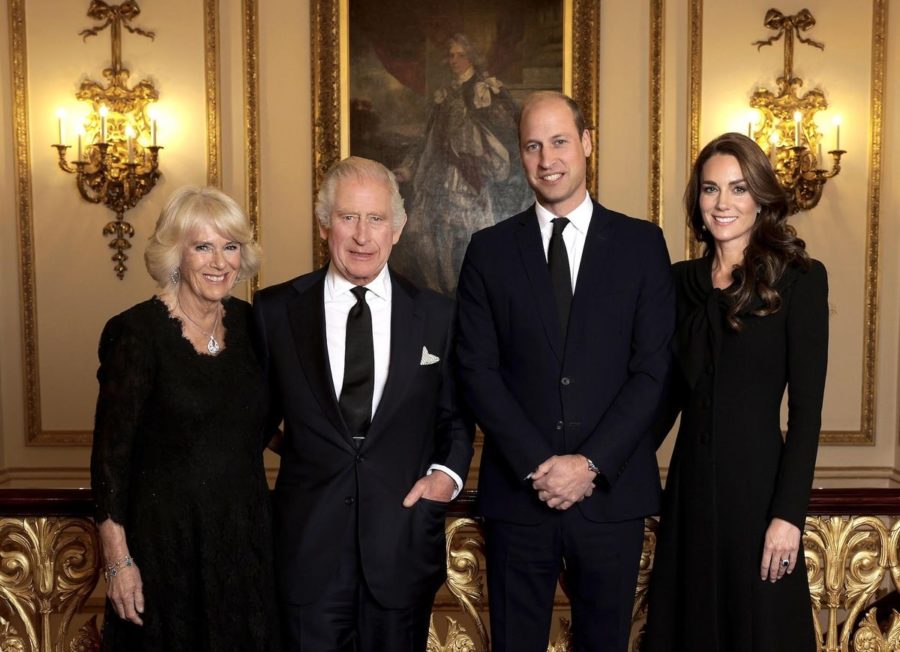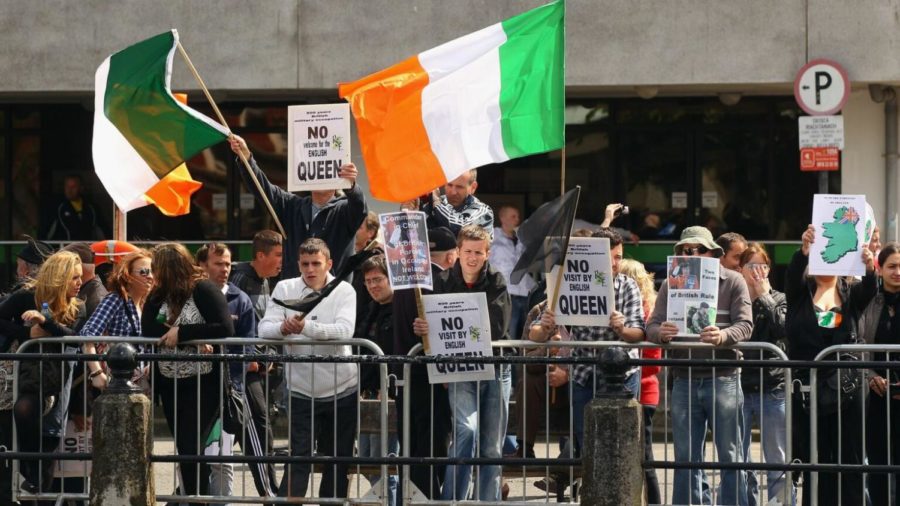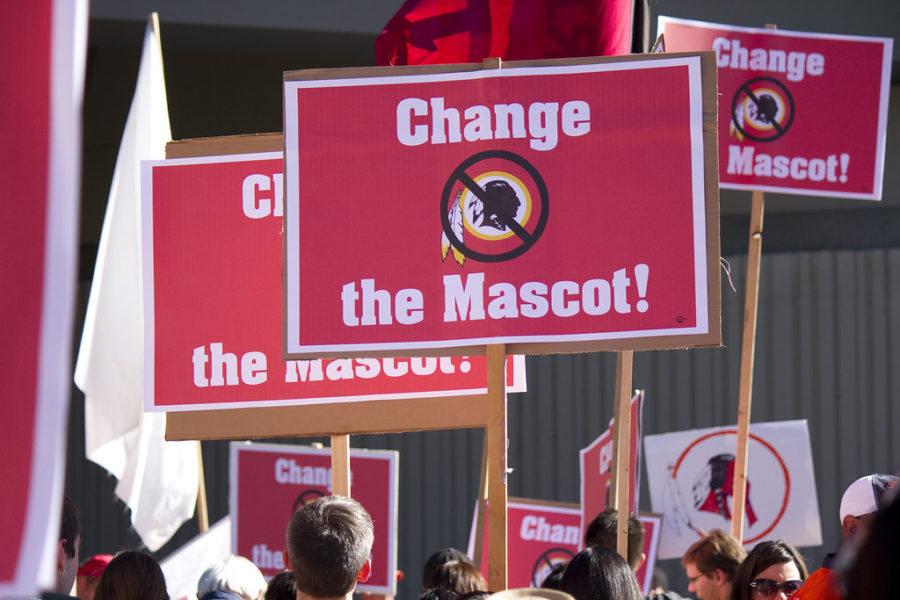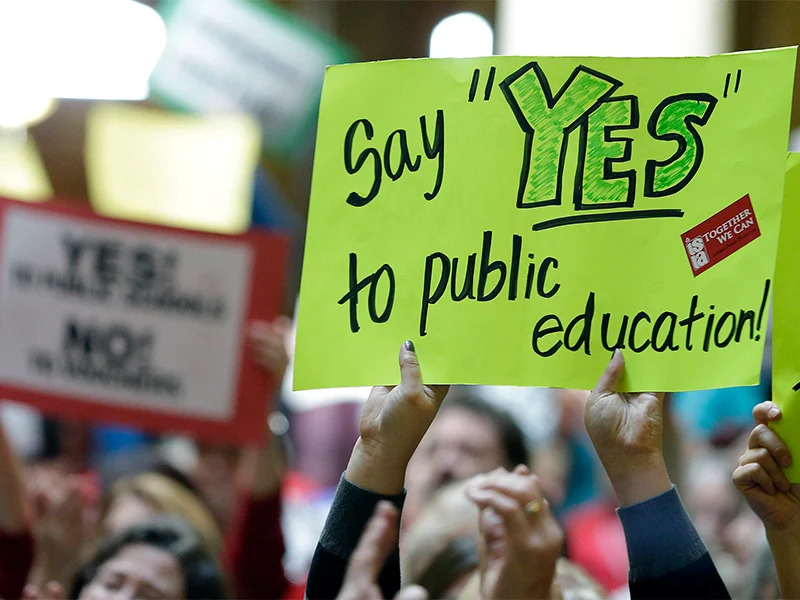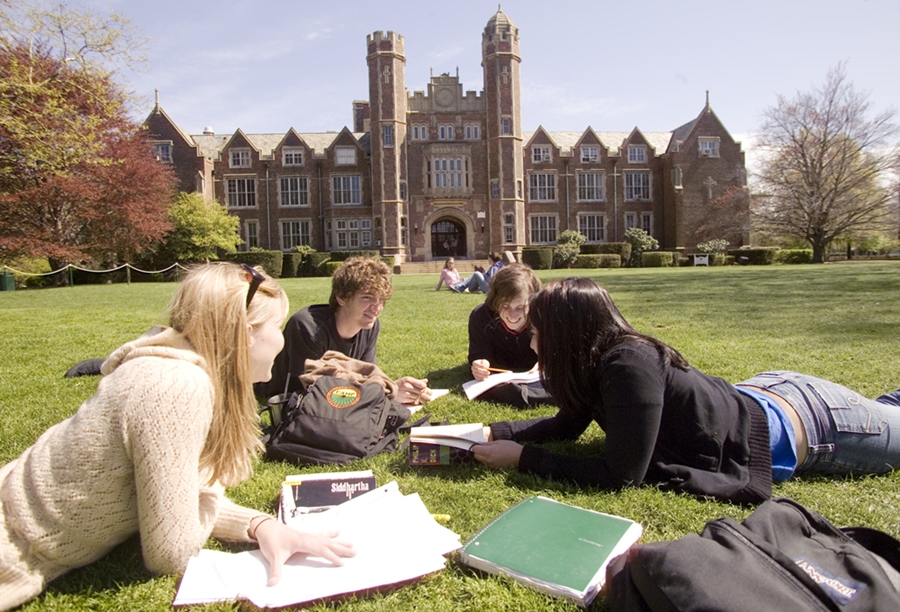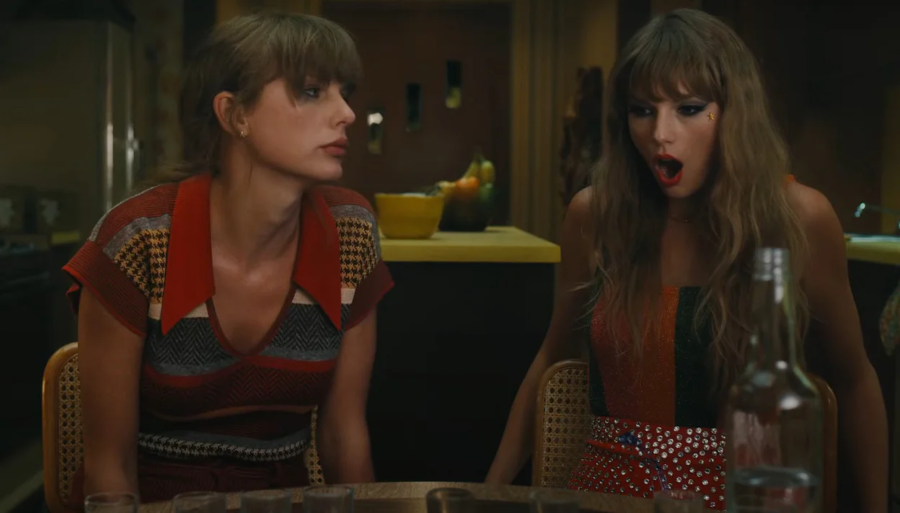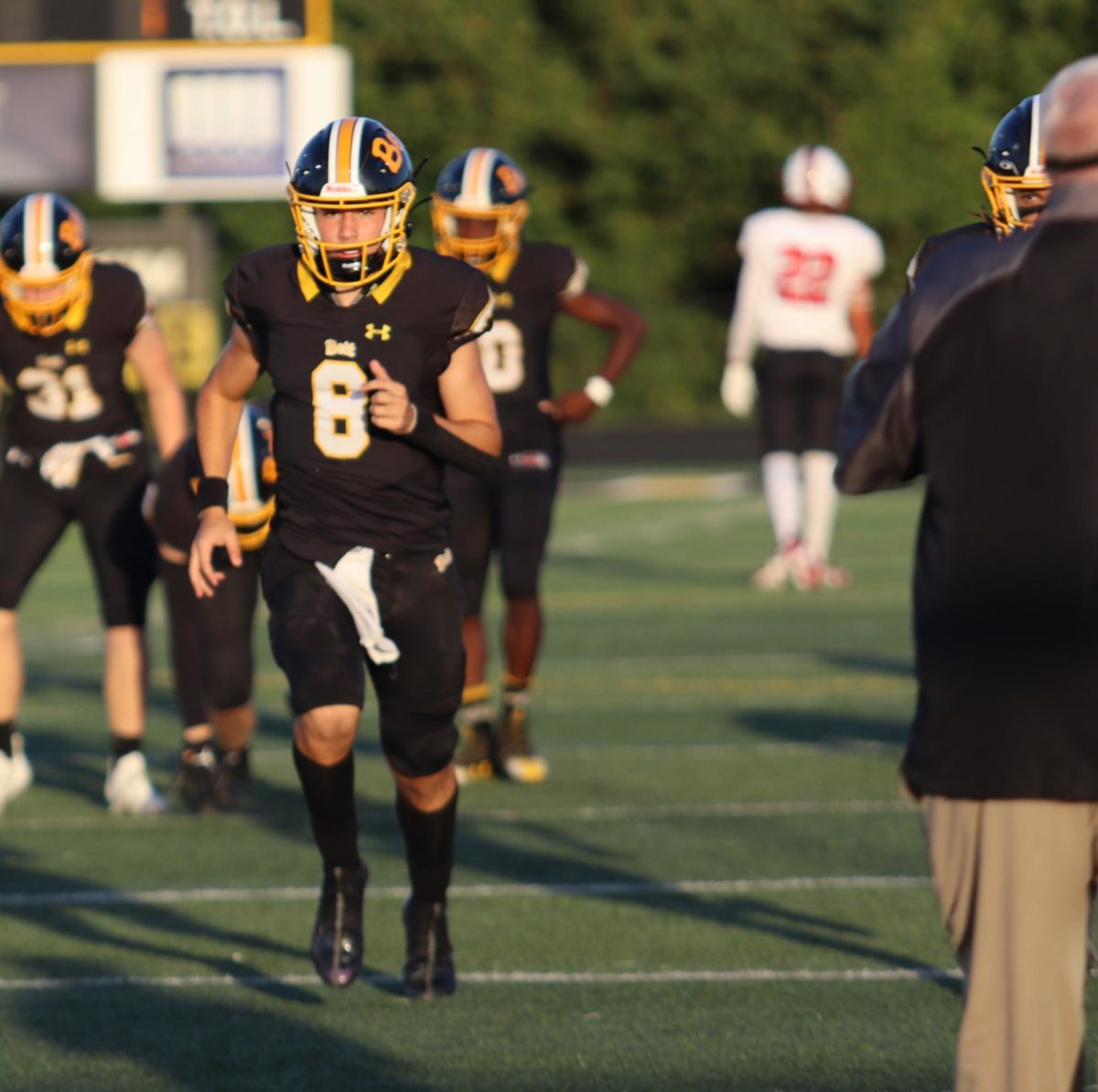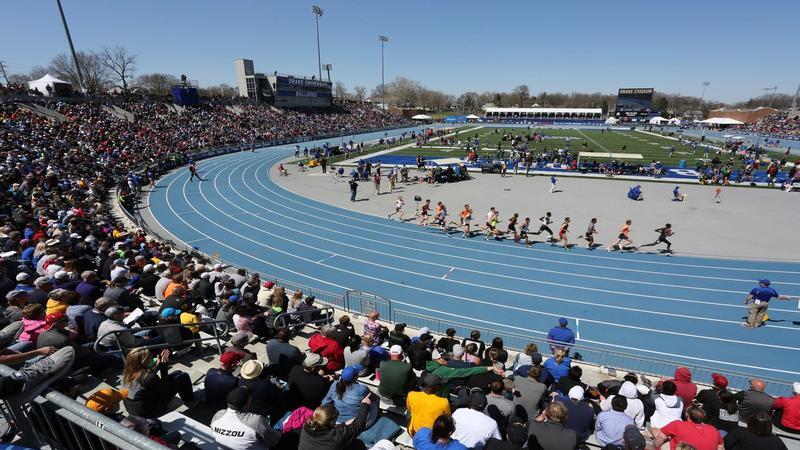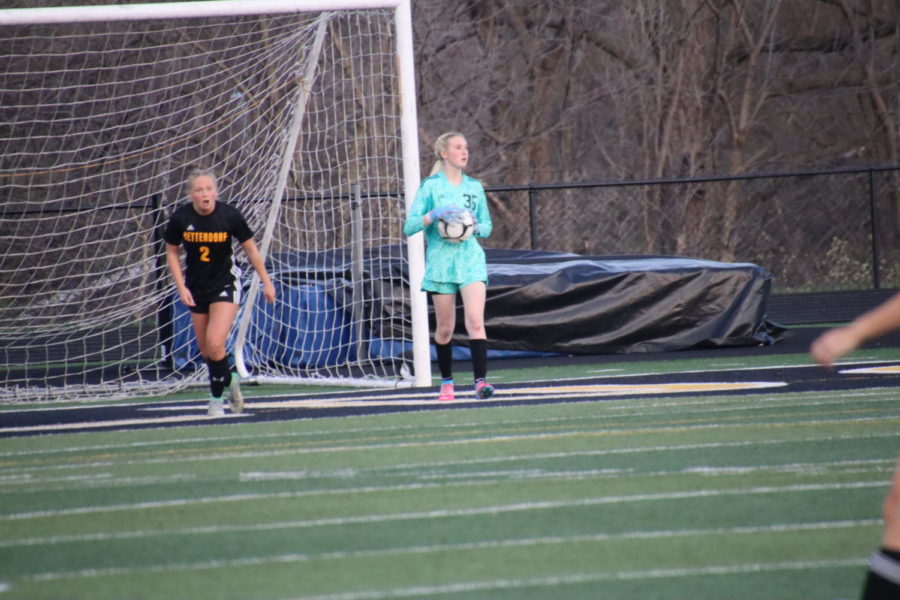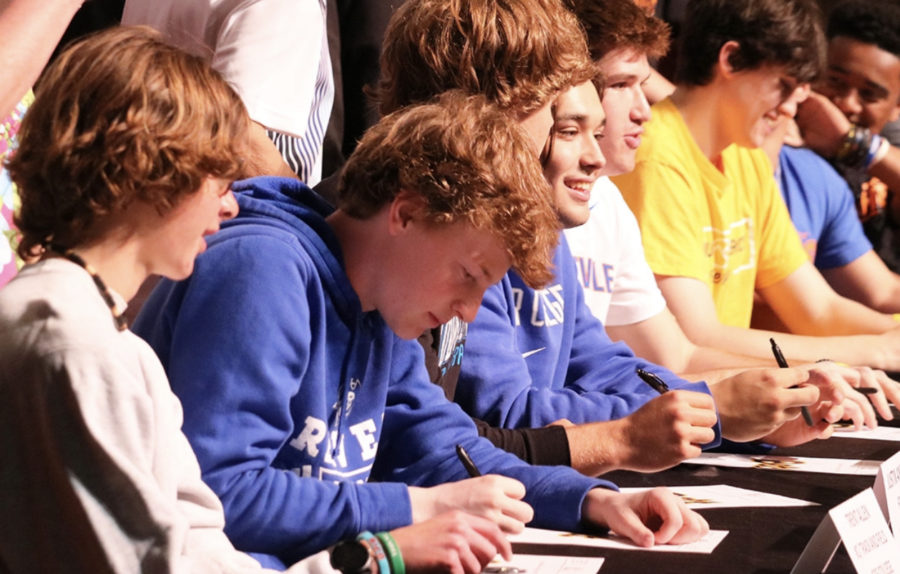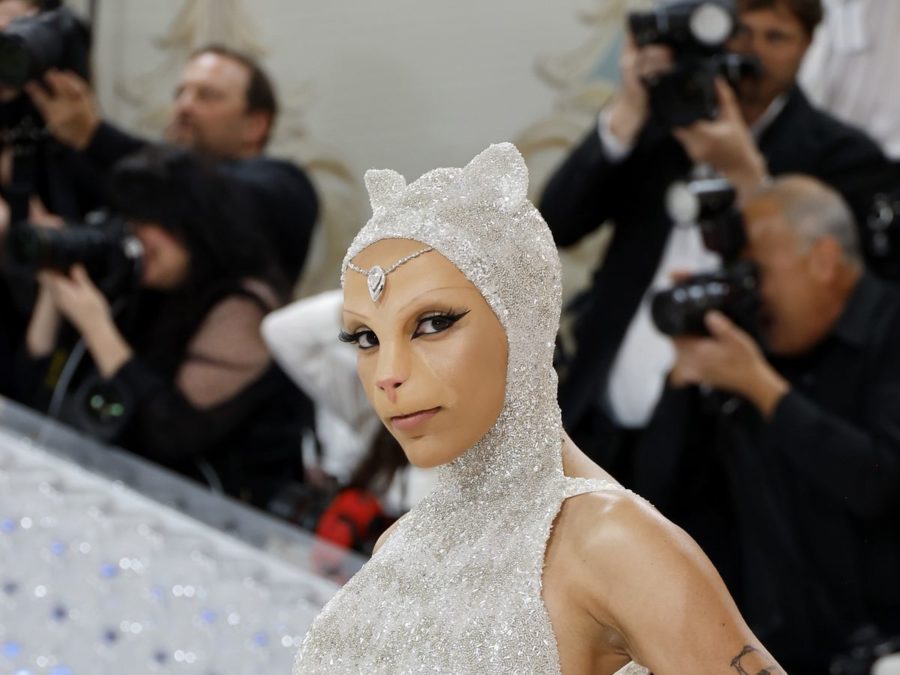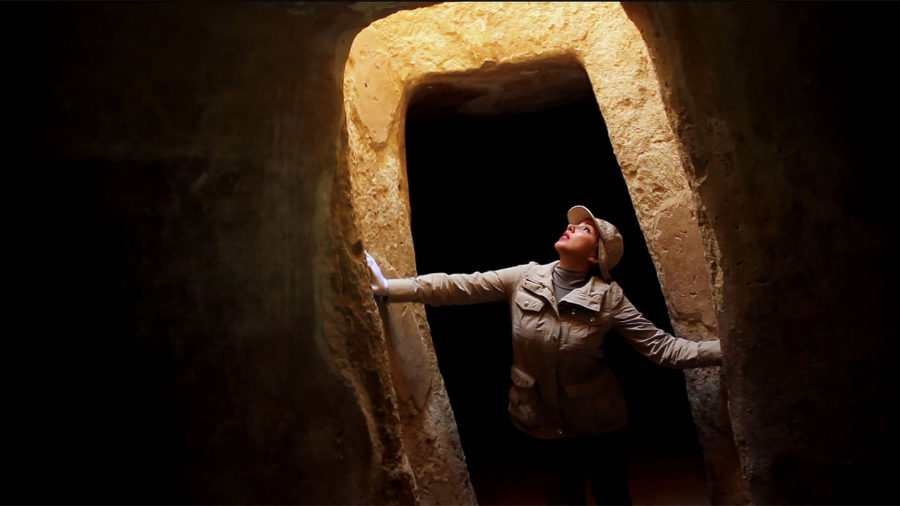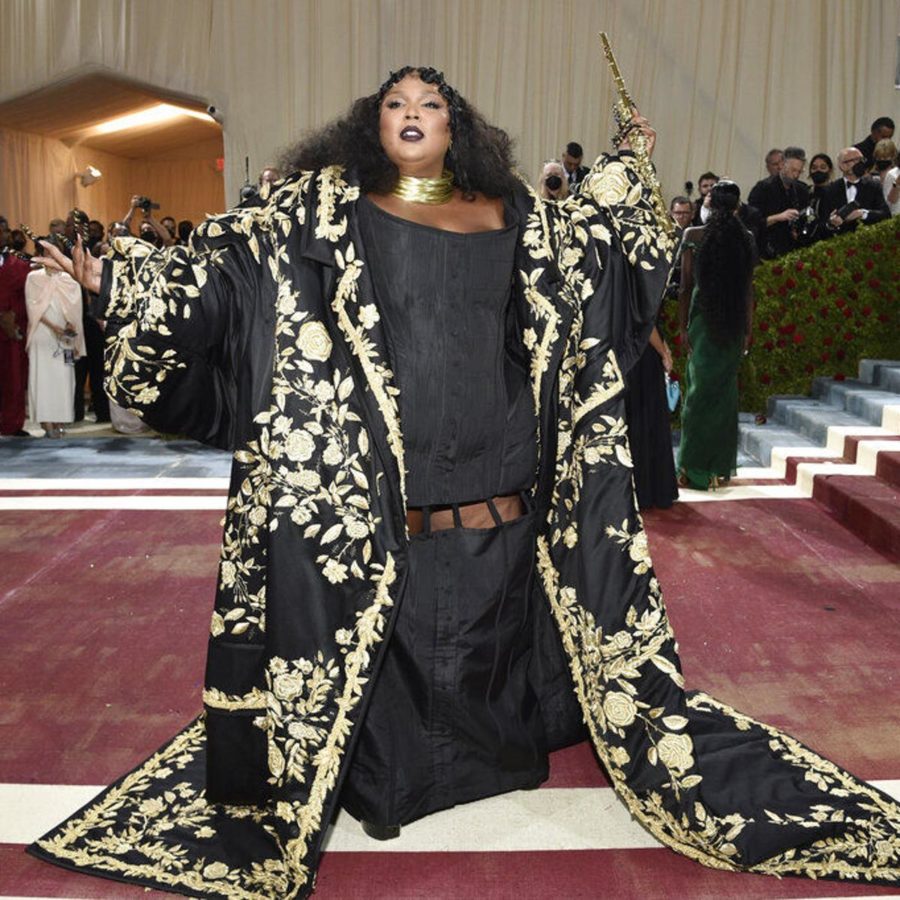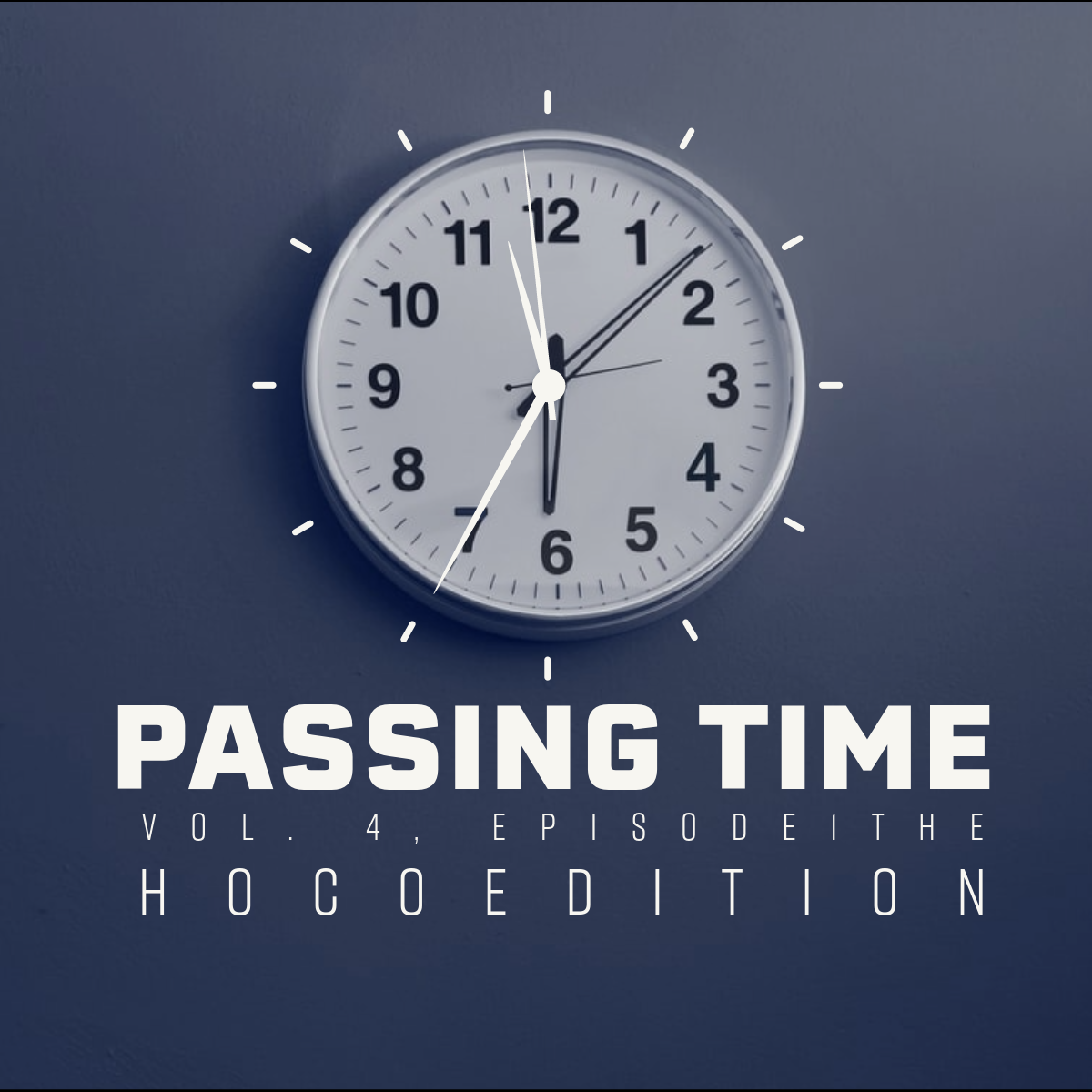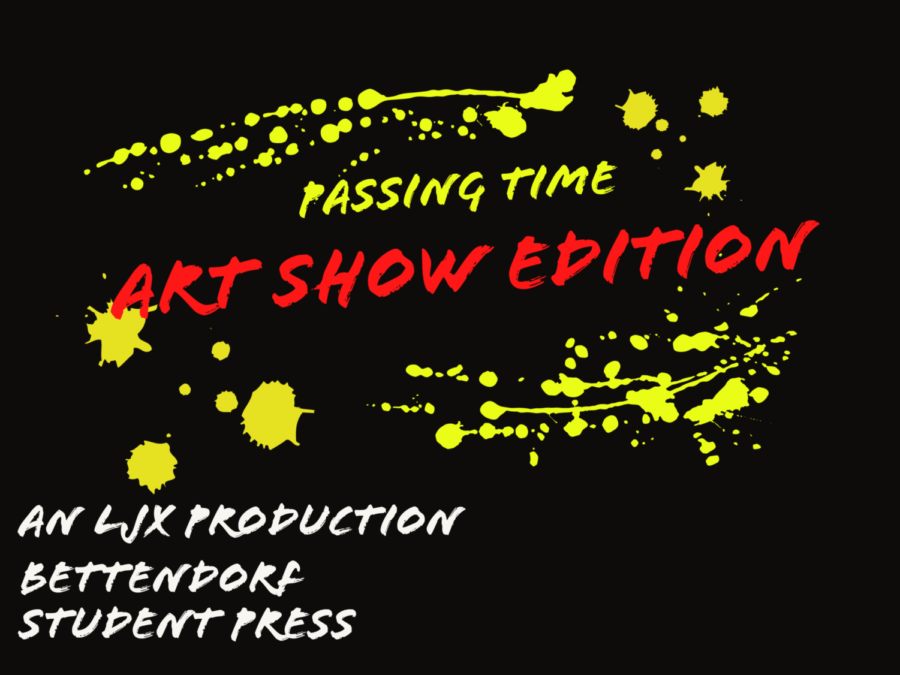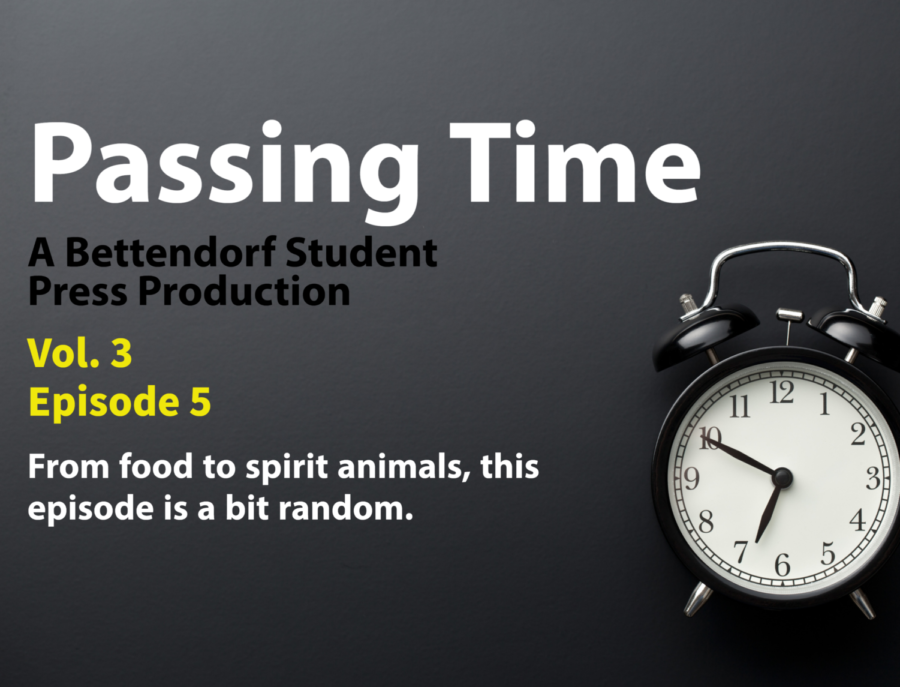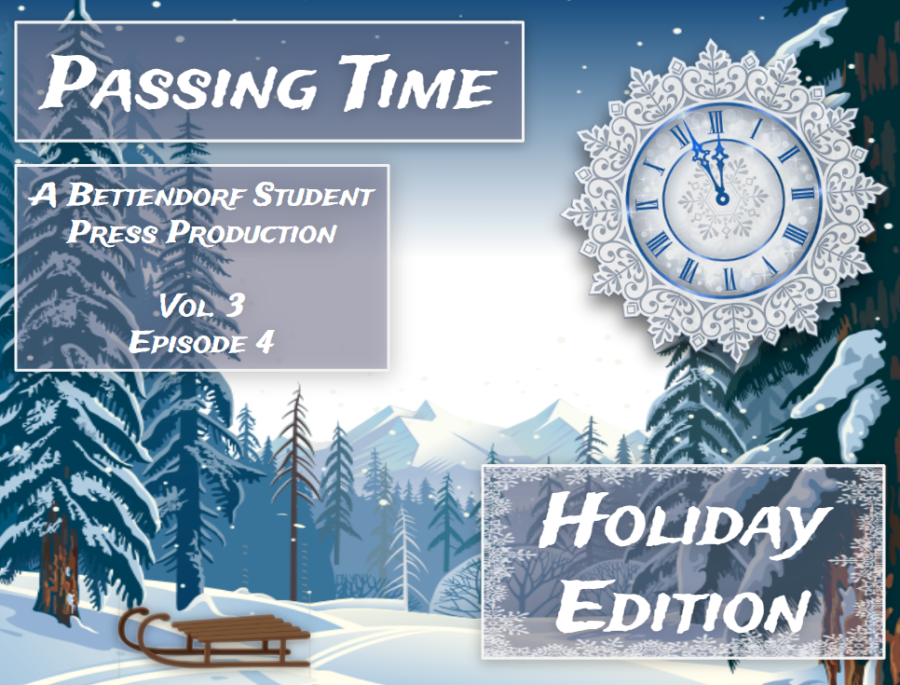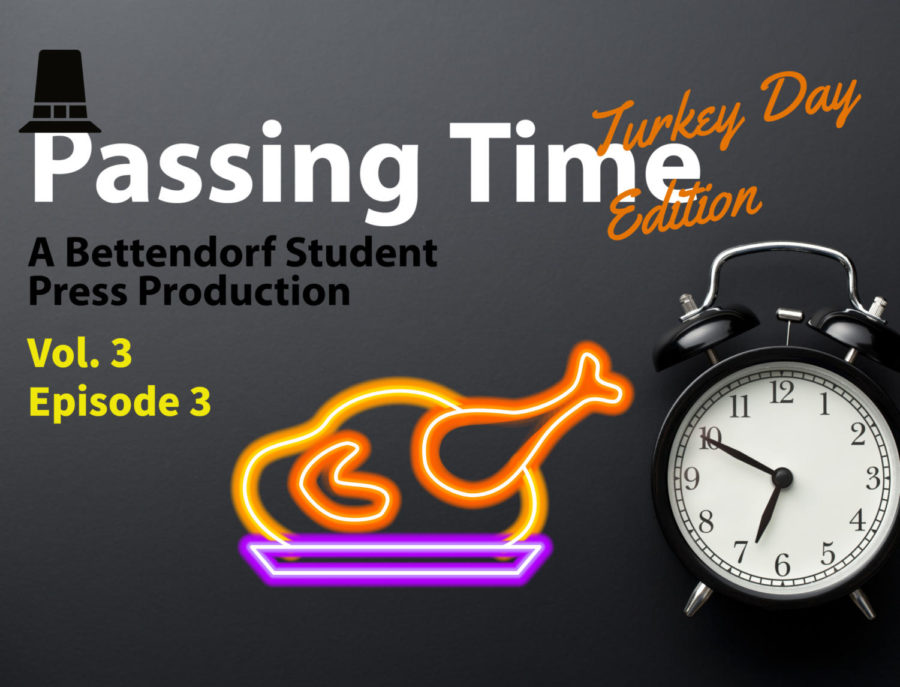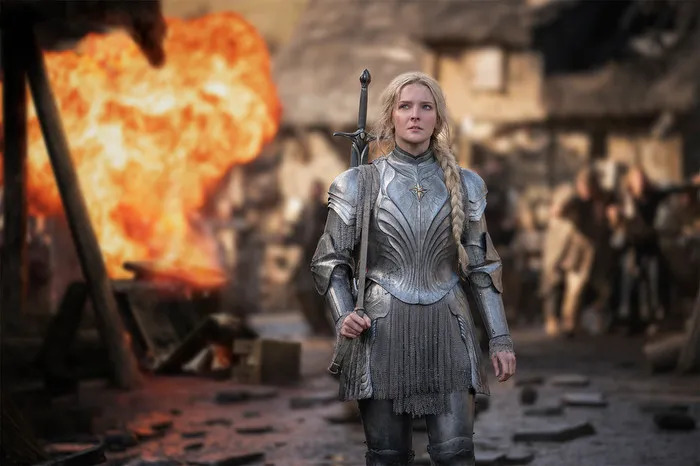“Rings of Power” feminist leaning breath of fresh air, but lacks on substance so far
Galadriel played by Morfydd Clark takes on a central role in the new series. Tolkien’s “Lord of the Rings” was often critiqued for its lack of strong central female characters.
September 23, 2022
Fans have been waiting for years to watch “The Rings of Power,” the highly-anticipated prequel series set thousands of years before J.R.R. Tolkien’s “The Lord of Rings.” However, in the weeks leading up to Amazon’s new show, it has been met with mixed excitement and disappointment.
The first voice we hear is of the elven princess Galadriel, played by Morfydd Clark, a familiar character for fans of Peter Jackson’s trilogy. Originally played by Cate Blanchett, Galadriel is a wiser, stoic, and more stately elder in contrast to her vibrant and resilient younger self.
Viewers know Galadriel from the films, but she plays a relatively minor role in the trilogy. Whereas in the series, she plays a warrior princess who intends to avenge the death of her brother. She drives the plot and leads the tension which is enticing and wonderful to see on screen.
Clark’s Galadriel isn’t the only female character to take center stage in the first few episodes of the series though. The cast includes several female characters including the first female dwarf ever seen in Tolkien’s cinematic realm.
Writer for “Vox,” Rebecca Jennings, says that it is too soon to say whether the prequel series is a more feminist rendering of Middle-Earth and beyond, but I beg to differ.
“I would say that it is more inclusive and diverse, but I’m not sure we can say this show is feminist or this show is not,” said Jennings. “It does pass the Bechdel test (a measure of female representation in fiction in which two female leads are talking about something other than men), which I’m pretty sure ‘The Lord of the Rings’ doesn’t, so that’s point one for “Rings of Power.”
The feminist leaning “The Rings of Power” conveys is a breath of fresh air for fans alike and I appreciate the approach Amazon has taken. Although Tolkien’s world doesn’t have many female characters, “The Rings of Power” delivered higher average ratings among female viewers (6.8) than males (5.9). I believe this is because our protagonist is a compelling lead and heroine.
“The Rings of Power” takes a feminist-leaning approach which is a much-needed change because Jackson’s trilogy’s main focus is on the male protagonists while the female leads aren’t showcased as much. I admire “The Rings of Power” for being aware that their audience isn’t just Tolkien enthusiasts or film connoisseurs. Tolkien has a diverse fanbase and it has thrived off of needed excitement.
Tolkien’s multiverse consists of a multitude of audiences, including but not limited to the people that just like anything “Lord of the Rings” related Amazon sponsors, and the realistic viewer. I’m no Tolkien scholar, I’m only a viewer and a realist.
The show wants to emulate Peter Jackson’s “Lord of the Rings” in every way but wants to stand on its own but it fails to do both. It is a pale imitation of Jackson’s trilogy and the writers are trying to make the audience feel nostalgic for “The Lord of the Rings.”
I understand the world Amazon is trying to build and I appreciate that there will be many characters, but there’s just nothing narratively cohesive. In addition, the show jumps from character to character and that doesn’t give the audience any time to breathe. In contrast, “The Fellowship of the Ring” focuses on the characters individually and introduces them one by one.
Although I believe it is a shell of the great intellectual property, I want to give appreciation to the practical effects. In particular, the range of scenery, the immaculate set pieces, and the CGI is impressive but the show’s lackluster acting and story overshadow these perks.
Fans come to major franchises with high expectations and if a show consistently delivers quality over time, they will eventually be won over and subvert their expectations.

